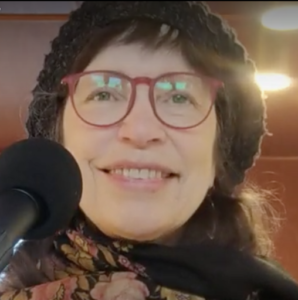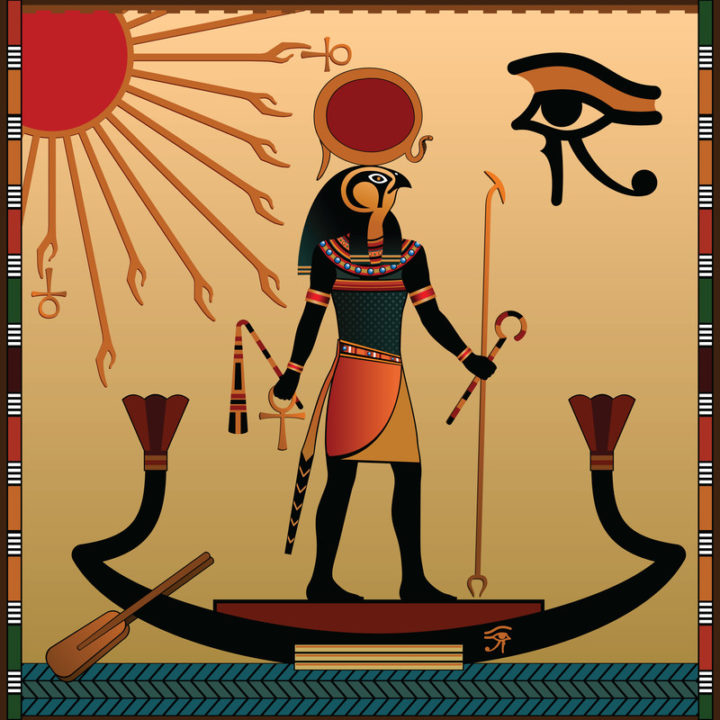ESSAY
by Trudi Lee Richards
“If you believe your life will end with death, nothing you think, feel, or do has any meaning. Everything will end with incoherence and disintegration. If you believe your life does not end with death, you must bring into agreement what you think, what you feel, and what you do. Everything must advance toward coherence, toward unity…”
– Silo’s Message, The Path
I’ve always been on board with the first part – of course, life cannot end with death! How could something so outrageous and so wonderful, even if also terrifying, not go on?
It’s the last part, about coherence, that I’ve never quite grasped. In fact, I blush to admit that I’ve seldom really thought about it. Mostly I’ve simply assumed that I was doing OK and would be entitled to a pass to the afterlife simply because I believed there was one.
So imagine my shock the other day when, on contemplating these words of Silo’s for the hundredth time, I was slapped in the face with the glaring truth: that my life really is mostly incoherent.
How could I not have noticed? Why, just a moment before this realization, I’d been congratulating myself for being so much more non-judgmental than my partner, while simultaneously judging him for arguing with some hapless tech person on the phone…
And my contradictory behavior wasn’t anything unusual. In my day-to-day life, I generally don’t give a fig for coherence. Instead of watching to see if my thoughts, feelings, and actions are in agreement, I obsess about what I want and how I can get it. This leaves my mind free to frolic in contradiction. Not only do my thoughts, feelings and actions routinely contradict each other, my thoughts also contradict my thoughts, my feelings, and my actions…
And so my life ends up a tangled mass of incoherence, all under the guise of good intentions. Stubbornly believing I can change things simply by wishing hard enough, I keep smiling, trusting that my vanilla facade will protect me from the kind of ruthless judgment I inflict on others…
Don’t get me wrong. I’m a good person, just as you are. Like you, I love life, and am doing my absolute best with what I’ve got. It’s not our fault that we were born into a world where life becomes a snarled mass of incoherence as soon as we learn to do what passes for thinking.
But that’s not the point. Guilty or not guilty, here we are. So what can we do? How can we possibly extricate ourselves from our contradictions?
I’ve found and lost the solution more times than I can count. It always happens the same way. I’m sure I’ve won the jackpot, and then something pulls the handle and suddenly it’s a whole new game, where all my winnings are now worthless, and my key to enlightenment no longer fits the lock.
So after fooling myself for the billionth time, I’ve come to the conclusion that in reality, there’s nothing I can do to change anything. My only option at this point is to give up the struggle, and just do my best to deal with what comes.
Never mind that my ego will grab onto this new “realization” and try to make it into another illusory cure-all. I can’t do anything about my ego’s shenanigans any more than I can change the way the world spins. All I can do is open my eyes and my heart and try to respond in the best possible way to whatever Life throws at me.
While this admission of helplessness is a bit of a letdown, it’s also oddly liberating. Because in ending my war with the way things are, I free myself to step into a new role: that of the Observer.
The Observer is really just myself minus the ego. But it has a big advantage, because not having an ego, it doesn’t exist in the world of pleasure and pain and suffering, and so cannot be hurt.
It’s not so hard to take the Observer’s role. It’s like stepping out of one boat into another without falling into the river. If I practice while the river is mostly calm, I start to get the hang of it.
I try practicing with little things, like the way my partner leaves dishtowels crumpled on the counter instead of hanging them back up. Instead of jumping to my feet in my little boat and starting a fight with a phantom – a tactic that usually lands me in the water – I drop my toy sword and call for help.
Then, out of the swirling fog, a larger boat miraculously appears, and someone reaches out a hand to help me aboard…
I step across, and there I am, safe on board the great smooth-riding Barque of the Helpers and Guides.
From here everything looks different. Instead of being lost and alone, surrounded by churning black water, barren cliffs, and circling vultures ready to snatch me up when my boat goes down, I am safe on a broad, sunny deck, contemplating the luminous riverscape that keeps unfolding in new and fascinating ways, full of beauty and meaning.
This is where I want to stay, here on this ship that will carry me home. And perhaps I really can stay, if I learn to do my part…
So, taking care that my thoughts, feelings and actions are all moving in the same direction, I begin. Gazing out across the expanse of the river, I listen for calls for help from others who may be lost and floundering in the waters of life. And when we find someone, I go to the side and reach out my hand…
About the writer:
Trudi Lee Richards
 Siloist writer, poet, and singer-songwriter; curator of Winged Lion Press Cooperative; Spanish-English translator. Published work includes The Confessions of Olivia; On Wings of Intent, a biography of Silo; Soft Brushes with Death, a Jorge Espinet Primer; Fish Scribbles; and Experiences on the Threshold. Ongoing projects include audio recordings and possibly a podcast of her literary and musical work. Publishing exploits from the pre-internet past include Human Future, an independent review published from 1989-96 in San Francisco, CA; and La Mamelle, a San Francisco arts publication of the ’70s for which she was co-founder. A graduate of Stanford University, she is the mother of five grown kids/stepkids and five step-grandkids. She currently lives in Portland, Oregon, where she is a member of the Portland Community of Silo’s Message.
Siloist writer, poet, and singer-songwriter; curator of Winged Lion Press Cooperative; Spanish-English translator. Published work includes The Confessions of Olivia; On Wings of Intent, a biography of Silo; Soft Brushes with Death, a Jorge Espinet Primer; Fish Scribbles; and Experiences on the Threshold. Ongoing projects include audio recordings and possibly a podcast of her literary and musical work. Publishing exploits from the pre-internet past include Human Future, an independent review published from 1989-96 in San Francisco, CA; and La Mamelle, a San Francisco arts publication of the ’70s for which she was co-founder. A graduate of Stanford University, she is the mother of five grown kids/stepkids and five step-grandkids. She currently lives in Portland, Oregon, where she is a member of the Portland Community of Silo’s Message.






